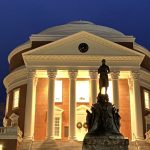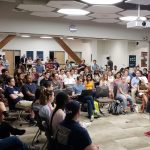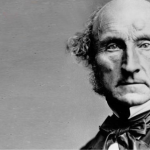Initiative
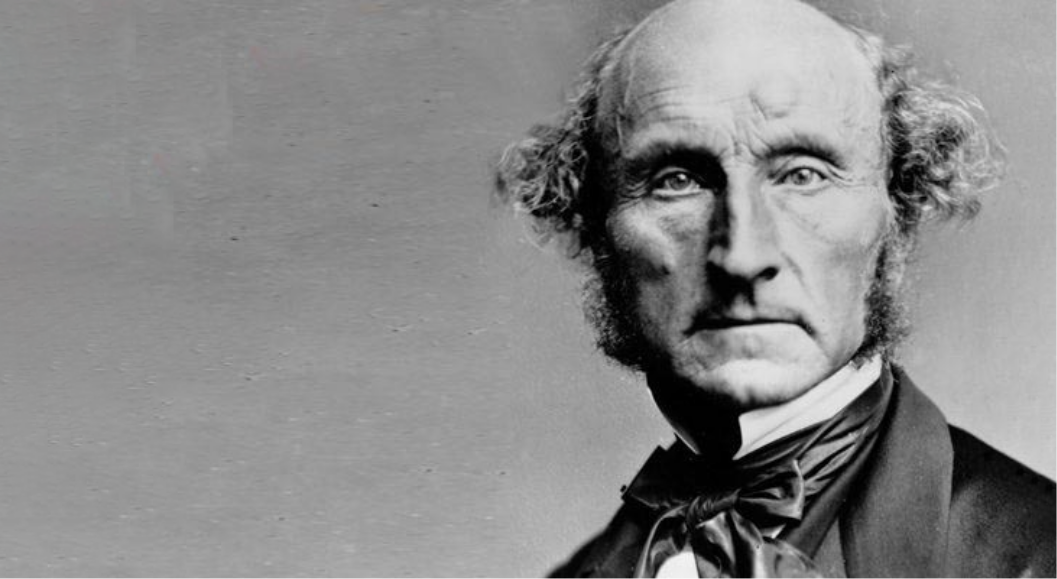
Heroes of Intellectual Freedom
Too often, the college campus is an echo chamber, in which only opinions that align with a majority viewpoint are heard and discussed. ACTA’s Heroes of Intellectual Freedom initiative honors those members of the academic community who protect and foster the diversity of viewpoints that is the lifeblood of liberal education. In 1859, John Stuart Mill admonished, “Complete liberty of contradicting and disproving our opinion is the very condition which justifies us in assuming its truth for purposes of action.” We need, more than ever, campus heroes who will ensure that higher education is a sanctuary for the unfettered freedom to question and debate, and thereby promote human progress and human flourishing.
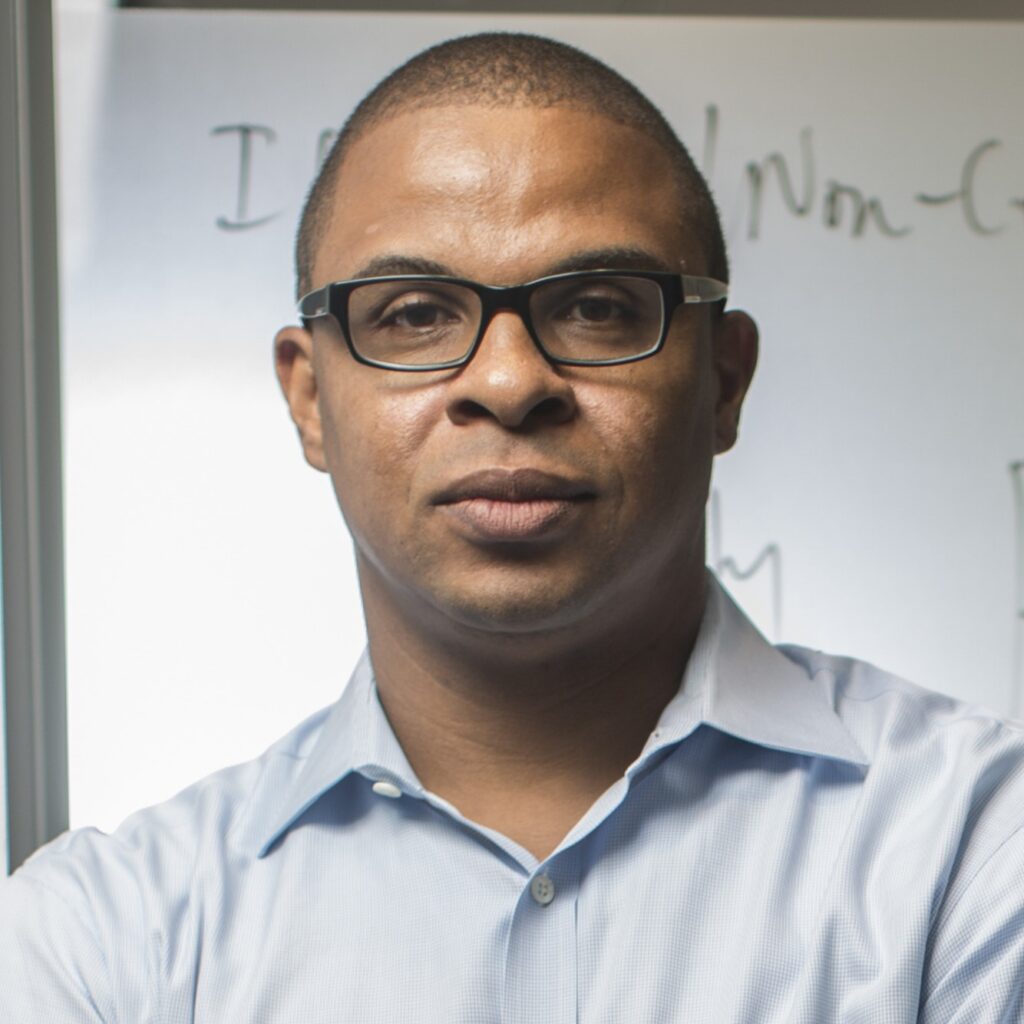
Roland G. Fryer, Jr.
Professor of Economics at Harvard University
Called “the most gifted economist of his generation,” Fryer’s scholarship on inequality, police use of force, and the academic achievement gap is characterized by an uncompromising adherence to data. Professor Fryer is calling higher education back to its once central and sacred foundation—that to uncover the truth, intellectual assumptions must be met with an open mind and subjected to rigorous analysis. Ian Rowe, senior fellow at the American Enterprise Institute, delivered the tribute to Fryer.
To watch his acceptance speech, click here >>
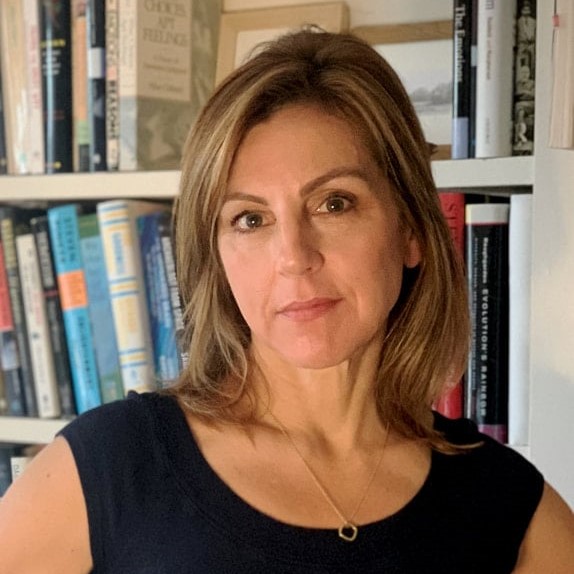
Carole Hooven
Former Codirector of Undergraduate Studies in the Department of Human Evolutionary Biology at Harvard University
Dr. Carole Hooven is an associate in the lab of Steven Pinker at Harvard University and a senior fellow at the American Enterprise Institute. She taught at Harvard for 17 years, serving as a lecturer and codirector of undergraduate studies in the Department of Human Evolutionary Biology. After the publication of her book T: The Story of Testosterone, the Hormone that Dominates and Divides Us, she appeared on Fox and Friends in 2021 to discuss the pressure some academics feel to refrain from using terms like “pregnant women” and “male and female.” The director of her department’s DEI taskforce called her remarks “transphobic,” and a petition was circulated against her by Harvard faculty. She was attacked along the same lines by others in academia, and teaching assistants boycotted her award-winning course so that she could no longer teach.
In spite of this horrific experience, Professor Hooven has provided eloquent defenses of scientific accuracy and academic freedom, including an article in the Archives of Sexual Behavior entitled, “Academic Freedom Is Social Justice: Sex, Gender, and Cancel Culture on Campus.” She has demonstrated a sincere commitment to respecting students’ preferences while advocating that the biological differences between males and females do not infringe on the dignity of either sex. Her courage to stand up for scientific truth and free expression has earned her the much-deserved title of Hero of Intellectual Freedom.
To watch Ms. Hooven’s acceptance speech, click here >>
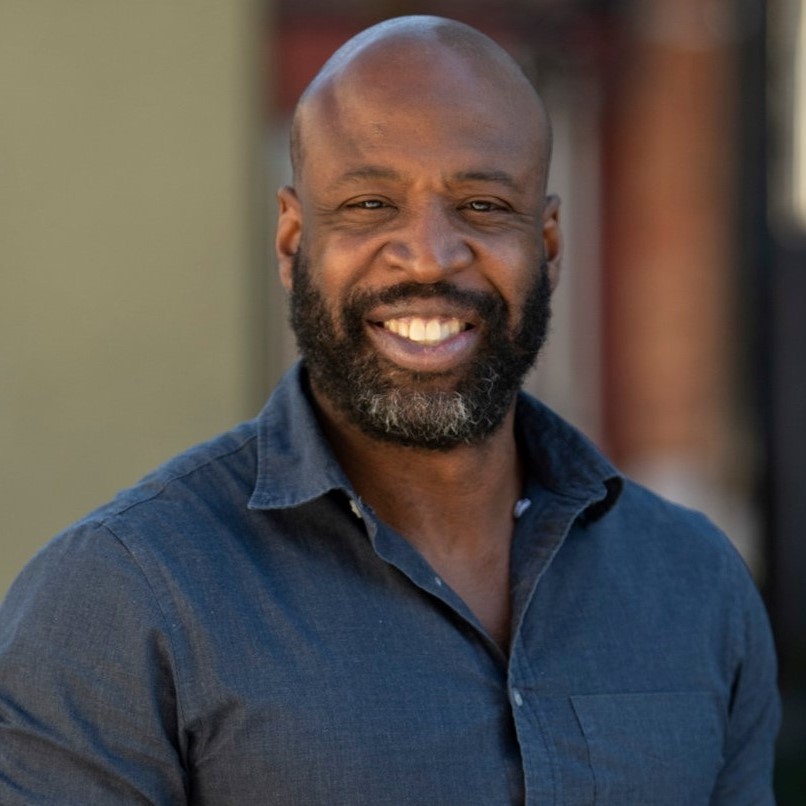
Erec Smith
Associate Professor of Rhetoric at York College of Pennsylvania and Co-Founder of Free Black Thought
On March 19, 2019, Erec Smith critiqued a keynote address delivered at a recent conference in his discipline. He argued that the talk was a kind of performative politics that wouldn’t effect real change and challenged the author’s claim that teaching standardized English to students of color is an act of white supremacy. While the response was swift and isolating, Erec did not back down. Instead, he refocused his efforts, writing a book that dissects the over-reliance of anti-racist initiatives on identity politics and victimization and offers instead an alternative based on empowerment theory. He continues to support free expression and intellectual diversity through his work and writing. He is also one of the founders of Free Black Thought, a website, and journal dedicated to spotlighting viewpoint diversity among black intellectuals.
To watch Mr. Smith’s acceptance speech, click here >>
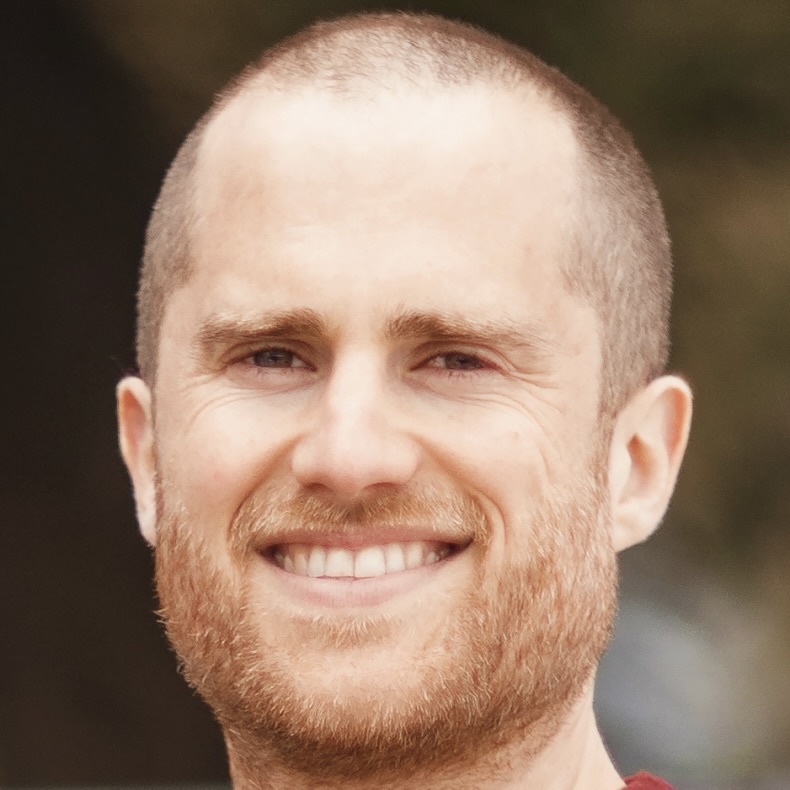
Dorian Abbot
Associate Professor of Geophysical Sciences at the University of Chicago
Professor Abbot was recently invited to deliver the Carlson Lecture before the Massachusetts Institute of Technology’s (MIT) Department of Earth, Atmospheric, and Planetary Sciences. He was scheduled to speak on the topic of “Climate and the potential for life on other planets.”
In August of 2021, Professor Abbot co-authored an op-ed in Newsweek, arguing that diversity, equity, and inclusion policies, as currently implemented on campuses nationwide, violate “the ethical and legal principle of equal treatment” and treat “persons as merely means to an end, giving primacy to a statistic over the individuality of a human being.” On September 30, 2021, MIT withdrew Professor Abbot’s invitation after a group of activists launched an online cancelation campaign against him.
By disinviting Professor Abbot, MIT has violated its own policies and principles, which specifically demand that the university adheres to a “policy of open research and free interchange of information among scholars.”
To watch Mr. Abbot’s acceptance speech, click here >>

Jodi Shaw
Former Smith College Employee
In October of 2020, Ms. Shaw took it upon herself to blow the whistle on Smith College and the oppressive culture of racial discrimination she witnessed. In her resignation letter, which was made public, she requested that the university “Stop presuming to know who I am or what my culture is based upon my skin color. Stop asking me to project stereotypes and assumptions onto others based on their skin color.” This experience led Ms. Shaw to begin advocating on behalf of others in similar situations, including by raising awareness and funds in support of embattled individuals.
To watch Ms. Shaw’s acceptance speech, click here >>
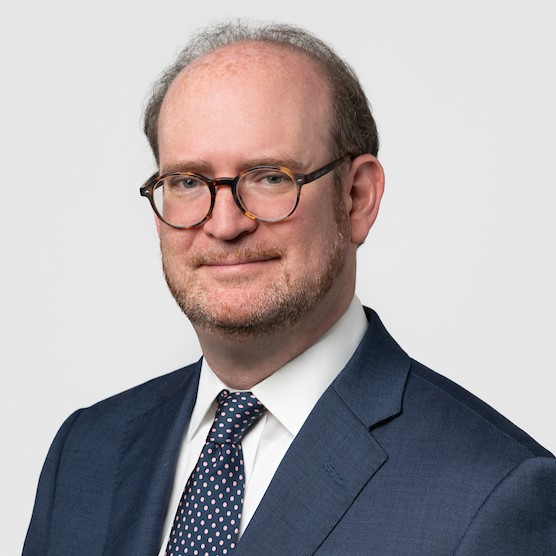
Joshua T. Katz
Cotsen Professor in the Humanities and Professor of Classics at Princeton University
On July 8, 2020, Dr. Katz published “A Declaration of Independence by a Princeton Professor” in Quillette, challenging a recent open letter signed by hundreds of Princeton faculty concerning race and preferential treatment on campus. Dr. Katz warned of the dangerous implications that the letter’s policy “recommendations”—such as a committee to examine faculty research, publications, and behavior for racial bias and oversee discipline for infractions—would have for academic freedom and the quality of intellectual life on campus.
Although he was met with a fierce response in the campus newspaper, the Daily Princetonian, and from Princeton President Christopher Eisgruber, Professor Katz continues to speak the truth with reason, thoughtfulness, and dignity. His commitment to candor, fairness, and the free exchange of ideas makes him a Hero of Intellectual Freedom at a time when higher education needs to recommit to the intellectual freedom that is the lifeblood of the liberal arts and sciences.
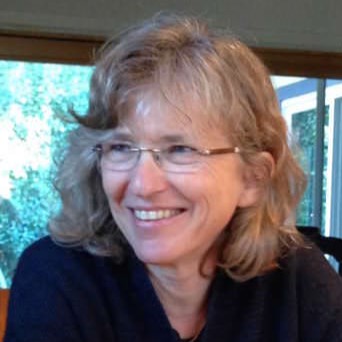
Abigail Thompson
Professor of Mathematics at University of California–Davis
In December 2019, Professor Thompson wrote an op-ed in the Wall Street Journal titled “The University’s New Loyalty Oath,” which challenged the University of California’s use of diversity statements in faculty hiring. Her article demonstrated how the rubric for assessing applicants’ diversity statements was not ideologically neutral and indeed hostile to those who adhere to classical liberalism and other viewpoints that regard each person as a unique individual, not simply a representative of an identity group. She argued articulately that such hiring practices have the potential to limit academic freedom and intellectual diversity in the academy. Professor Thompson succeeded in making this a high profile issue that has galvanized and gained significant support.
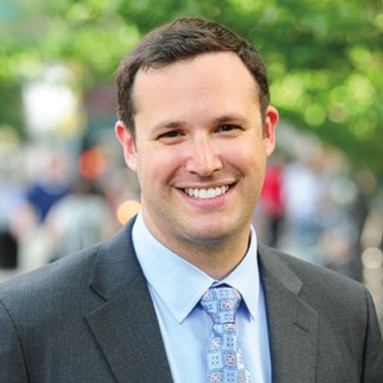
Samuel Abrams
Professor of Politics at Sarah Lawrence College
In October 2018, Samuel Abrams published an editorial in the New York Times titled “Think Professors Are Liberal? Try School Administrators?” The essay explored ideological imbalance within his college’s leadership and called for greater viewpoint diversity. Following the piece, students vandalized his property and called for his dismissal. Despite strident opposition, Professor Abrams continues to advocate for academic freedom and remains committed to his pedagogical aims.
To watch Abram’s acceptance speech, click here >>
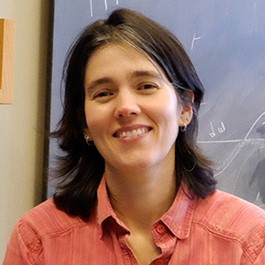
Luana Maroja
Associate Professor of Biology at Williams College
Professor Maroja joined a faculty initiative in fall 2018 to endorse the Chicago Principles at Williams College and boldly recounted her experiences in an online article titled “Freedom of Speech at Williams College: Are the Walls Closing In?” During a faculty meeting about freedom of expression, students burst in carrying signs that said “free speech harms” and demanded that white, male professors sit down and “acknowledge their privilege.” Professor Maroja tried to reason with the students. In the article, she described how as a Hispanic woman, she has experienced prejudice, but feels that freedom of expression is essential to the academic experience. Having grown up in Brazil under a dictatorship, she explained that she understands the grave consequences of censorship, and that it has no place at Williams College. She is committed to her role as an educator, continues to advocate for academic freedom, and published an excellent essay in The Atlantic “Self-censorship on Campus Is Bad for Science.”
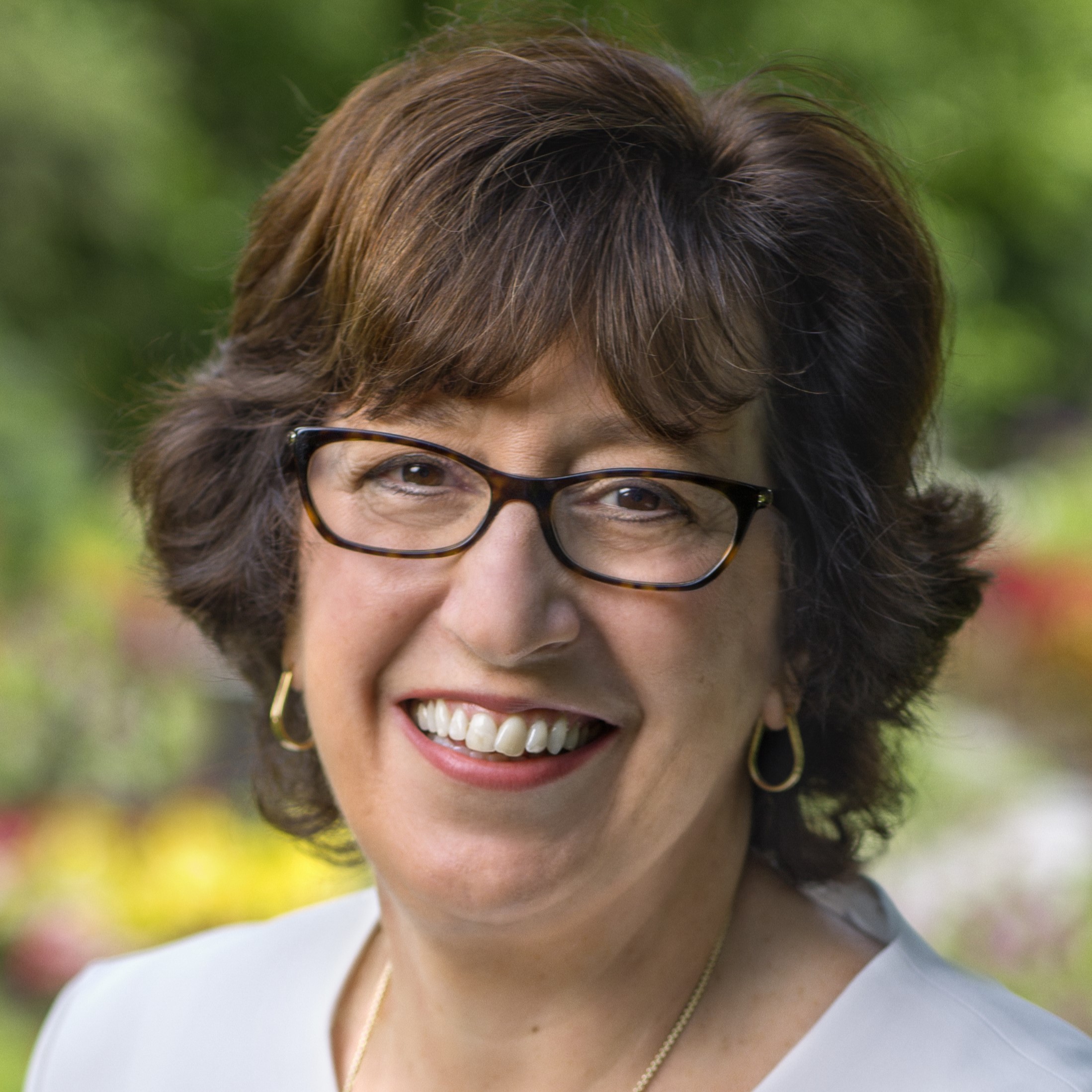
Martha Pollack
President of Cornell University
Martha Pollack began her presidency at Cornell University in spring 2017 after 17 years at the University of Michigan. Since the moment that President Pollack took office, she has been an outspoken supporter of free expression. In her first interview with the student paper, she re-affirmed the importance of academic freedom. President Pollack has invited fellow free speech advocates, including Nadine Strossen, to speak on the topic. She also spoke out urging faculty to take more intellectual risks and not to worry about reprimand. As far too many professors fail to speak out due to fear of punishment, it is encouraging to see that Cornell’s leader reaffirms free expression as a core value of the academy.
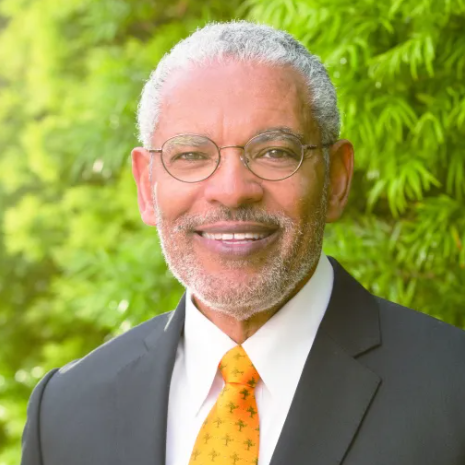
Melvin Oliver
President of Pitzer College
Prior to joining Pitzer College, Melvin Oliver served as executive dean at University of California–Santa Barbara’s College of Letters and Science and was a professor of sociology at University of California–Los Angeles. During the 2018–2019 academic year, Pitzer’s faculty voted to end the college’s study abroad program in Haifa, Israel, as part of the Boycott, Divestment, Sanctions (BDS) movement. President Oliver earned the praise of academic freedom advocates by swiftly vetoing this proposal, citing the academic and religious freedom of students who wish to study in Israel. After the faculty vote failed, the College Council, composed of students, faculty, and staff, again voted to end Pitzer’s program in Haifa. President Oliver again decided not to implement this recommendation and wrote a thoughtful and respectful piece articulating his view.
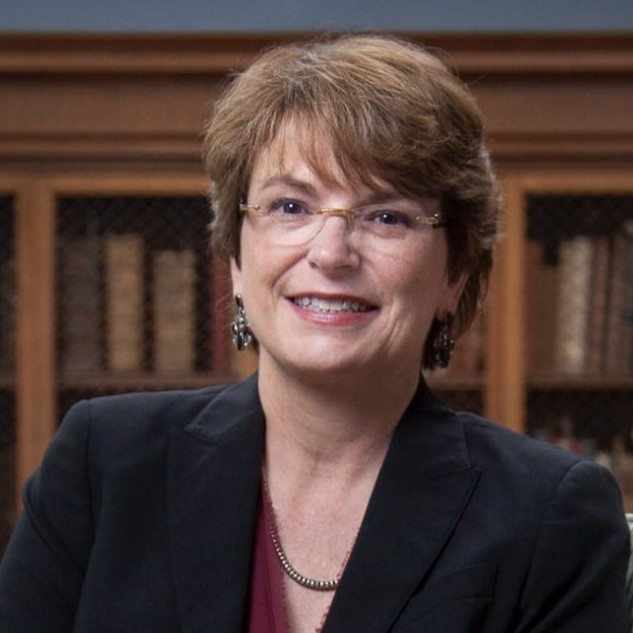
Christina Paxson
President of Brown University
Christina Paxson assumed the role of president at Brown University in 2012. Prior to that, she served as a professor of economics and public policy. President Paxson has been vocal concerning issues of academic freedom during her tenure as president. She was put to the test, however, when Brown’s student council voted that the university should divest from companies that operate in Israel. The university was in no way obligated to implement the students’ recommendation nor respond to it, but President Paxson chose to explain why she would not be divesting from Israel.
EXAMPLE OF
TOGGLES
ACTA
INITIATIVES
Partner with us in restoring the promise of higher education.
SUPPORT
ACTA
Like what you see?
Help keep our resources current, free, and independent.
WHO WE ARE
Launched in 1995, we are the only organization that works with alumni, donors, trustees, and education leaders across the United States to support liberal arts education, uphold high academic standards, safeguard the free exchange of ideas on campus, and ensure that the next generation receives an intellectually rich, high-quality college education at an affordable price.
Discover MoreSTAY INFORMED
Sign up to receive updates on the most pressing issues facing our college campuses.
